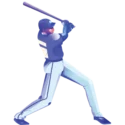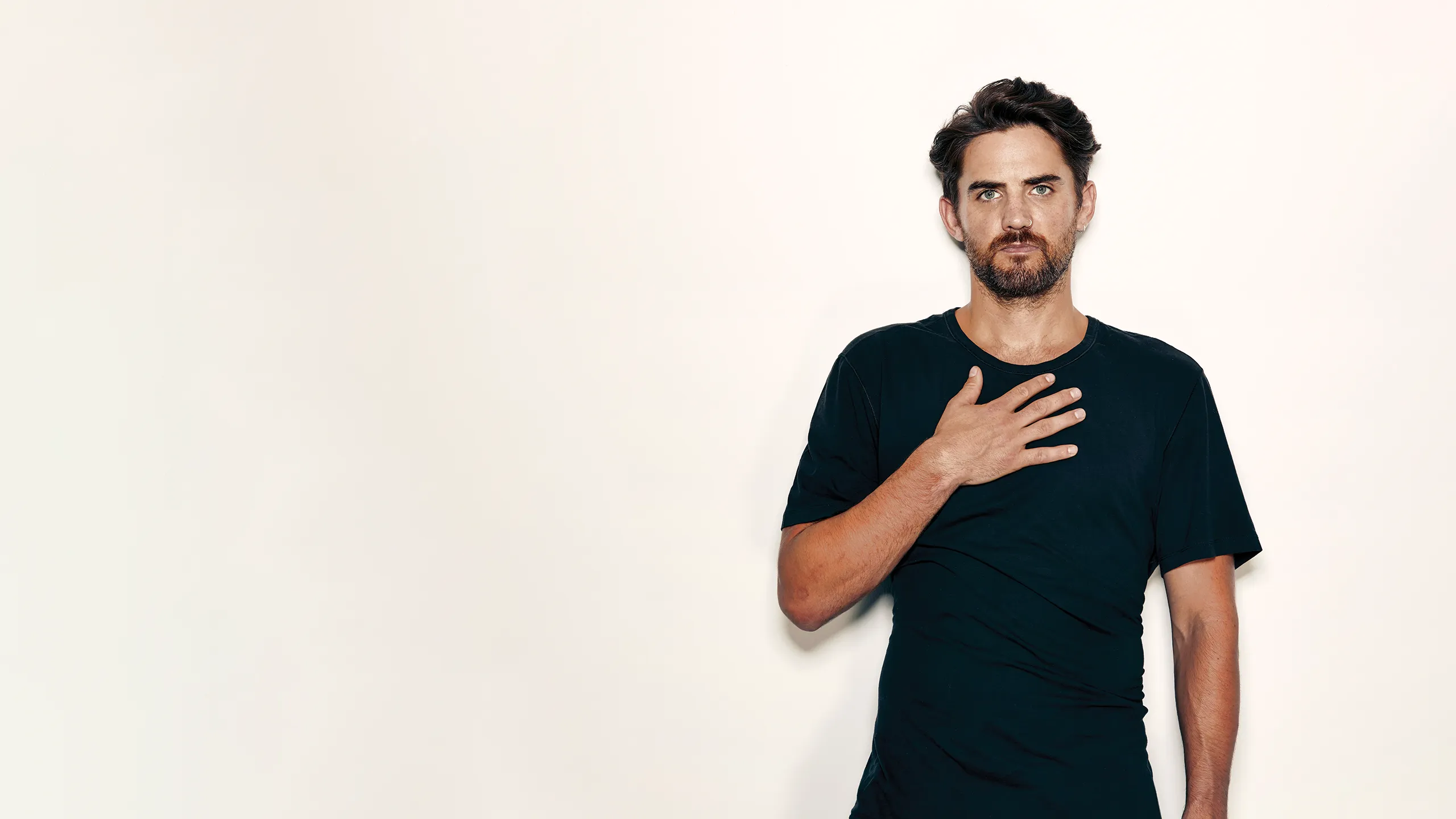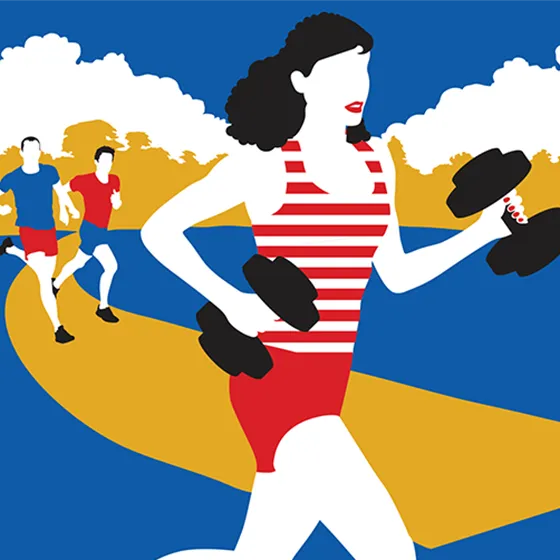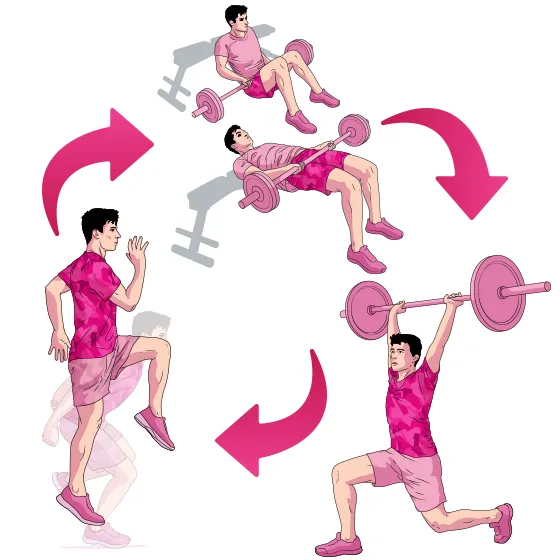You may have noticed a different vibe on the radio lately – sure, there are the chilled beats, but they’re accompanied by the soothing delivery of positive affirmations and a set of powerful tools for self-healing. It’s all aimed at helping us to improve our mental health and that’s something best-selling author and Radio 1 DJ Stuart Sandeman, who hosts Decompression Session, learnt the hard way.
With a black belt in judo, Stuart lived by the mantra ‘big boys don’t cry’. Until his girlfriend Tiff cruelly lost her battle with cancer in 2016. “My notion of strength – an ingrained part of who I was from martial arts, school and male archetypes I idolised – wasn’t actually serving me as an adult,” Breathpod founder Stuart tells LK.
The time had come for a change. But Stuart was unsure where to look. By chance, eight weeks after Tiff passed away, he went to a breathing workshop with his mum for Mother’s Day. “When I was shown a method of deep breathing and told that it would have transformative effects, I was pretty cynical,” Stuart recalls. “But as we started the practice, I could feel the electricity surging through my entire body. A giant wave of emotion roared inside me. And for the first time in as long as I could even remember, I cried. I cried and cried and cried.”
Stuart said he felt Tiff ’s presence and he’s never looked back since, “diving deep” into the world of breathwork. “My energy increased, my mind cleared, my fitness improved and my sleep deepened. I became focused, I felt kinder to myself and the world around me.”
If you’re stressed or ANXIOUS you can use your breath to find a sense of CALM
S for Stress, P for Peace
This might seem like an overwhelming journey to start out on yourself, but 10 minutes a day (morning and night) could be all you need. The most important part is forming the habit, Stuart assures us.
“There are two ways to apply your breathwork practice – as a reactive tool to take control of your day in a moment, or as a proactive tool to reboot your body and rewire your mind,” says Stuart.
“Let me unpack that a little. Your breath infl uences two divisions of your nervous system. There’s the sympathetic (think S for stress). This switches you on, motivates you, gets you ready for action. Para-sympathetic (think P for Peace) is the second. It’s your rest response: your system calms, you recover and relax.
“This means you can learn breathwork tools to manage how you feel in any moment. If you’re stressed or anxious, you can use your breath to find a sense of calm. If you’re wide awake, you can use your breath to help you nod off. If you’re distracted, you can use your breath to find focus. If you’re tired or have lost your get up and go, you can use your breath to give you a boost. “If you are keen to develop a flow of good energy – and not use reactive breathwork tools – then a daily practice of breathwork, morning and night, can really help you maintain a constant and optimum flow.”
As the world gets busier, we are becoming overwhelmed. When times are hard, Stuart reassures us that such mind -numbingly diffi cult passages of life can actually guide us. “Grief is an incredible teacher. That may sound strange, but it teaches us all the things we love and value can be snatched away from us at a moment’s notice. When we realise this, it can make us extremely grateful for what we have and allow us to live a more full life today.
“I like to ask myself: ‘If today was my last day, would I do what I’m currently planning to do today?’ If your answer is ‘no’ to the last question constantly, you may recognise that something in your life needs to change.”
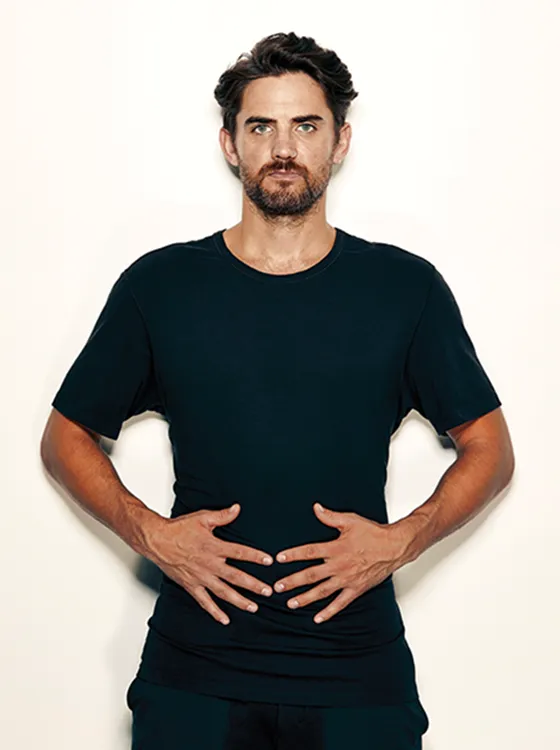
My energy INCREASED, my mind cleared, my fi tness improved and my sleep deepened. I became FOCUSED
Rest, digest and repair
These days Stuart practises his newfound skill anywhere – whether he is on the move, in the sea or in the shower. He especially recommends going barefoot in nature.
“A prolonged out-breath activates your para-sympathetic response, promoting the rest, digest and repair process,” says Stuart. “I want everyone to see and realise their potential plus know they have this incredible tool at all times to help them navigate the waves of life.”
Something is clearly catching on, as Stuart attests with the number of positive responses to his Decompression Session on Radio 1 – available as podcasts.
“I’ve been in floods of tears with messages I’ve received from listeners. One guy messaged to say how the show had helped him move from a dark place to a mindset of hope. I’ve had so many messages sharing how the sessions have helped with anxiety, plus messages from some students who have used the show to help find their flow and energy with studies.”
The best time to start and form a positive habit is in the morning. “Before you get sucked into your phone, take a moment for you,” Stuart says. Try the morning practices on Stuart’s Instagram @breathpod and then move onto his simple, short mini-courses – Breathing Basics and a Stress and Anxiety course.



